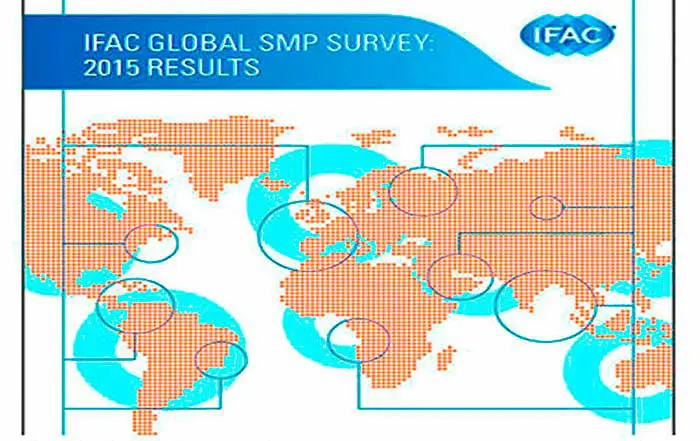The Supreme Court ratifies the possibility of applying the 95% reduction in the inheritance and donation tax
The Supreme Court upholds the heirs of a family business can access the rebate of 95 percent inheritance tax. In this regard, the criterion of Finance tomb, which required that those affected were members of the company to access the discount.
The Court has issued a new judgment of 14 July 2016, in addition to 26 May 2016. The two failures estimate actions brought by two sisters against both rejection of Finance of the Community of Madrid and the Superior Court of Madrid- applying the rebate of 95 percent on the value of the family business to calculate the taxable inheritance tax on inheritance from his mother.
“Nowhere is required that the taxable person, prior to the accrual of the tax, must hold a different title which occurs with hereditary succession,” says the ruling. “The fact that the company, business or shares that are inherited are to enjoy tax exemption on capital, shows that equity must be the cause, although, as is logical, to consequence of death, and thereafter, the requirement shall be given to the heir, by itself or in conjunction with others, “he added.
The central government, through the state attorney and counsel for the Community of Madrid, denied the bonus, not state that the daughters of the deceased were holders of shares in the company at the time of accrual and therefore not part of the group family. However, the Supreme states that to enjoy the tax credit is not necessary to hold some equity.
Judge Martinez Micó, rapporteur of the sentences, explains that “to the extent that the company, partnership or participation enjoy tax exemption on capital, the transfer by inheritance of the same or actions that are displayed will a reduction of 95 percent on taxable income inheritance and gift of the acquirer when the latter is in the subjective realm of kinship group defined by law. ”
The specific case studied the transmission by inheritance of shares in a family company to the two daughters and the husband of the deceased, the two sisters practicing long managerial functions and performance they perceive is 100 percent of their annual, and also income being 100 percent of the shares in the family. Before the death of the deceased, the deceased had, with her husband, 100 percent of the shares in the family business, exempt from wealth tax. Once produced, the two daughters and the widower still flaunting 100 percent of the shares, the two daughters who manage.
“Clearly it is the most typical transmission course of family to children and widower of the deceased, being for such cases for which tax benefits are intended to encourage such transmission company,” Supreme point failures. The Court notes that this measure would avoid thus a possible closure of the family business for payment of inheritance tax.





